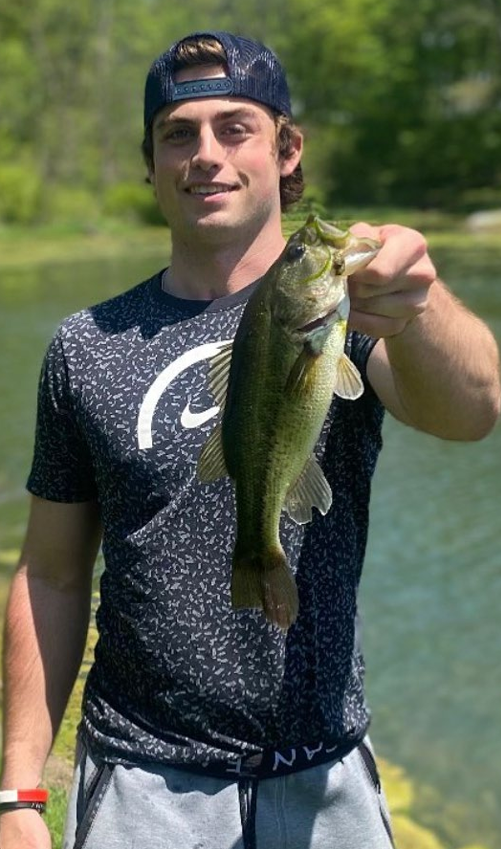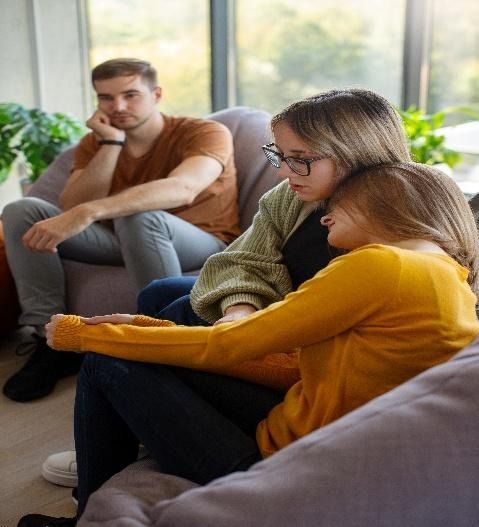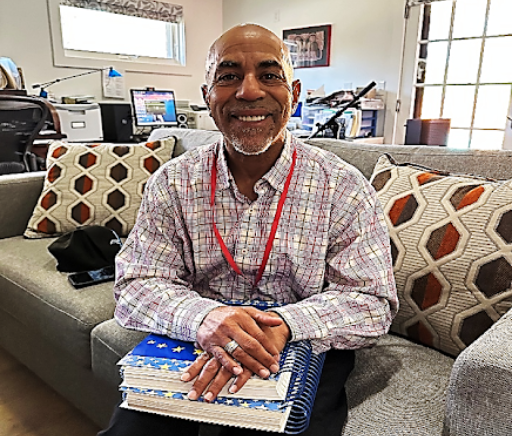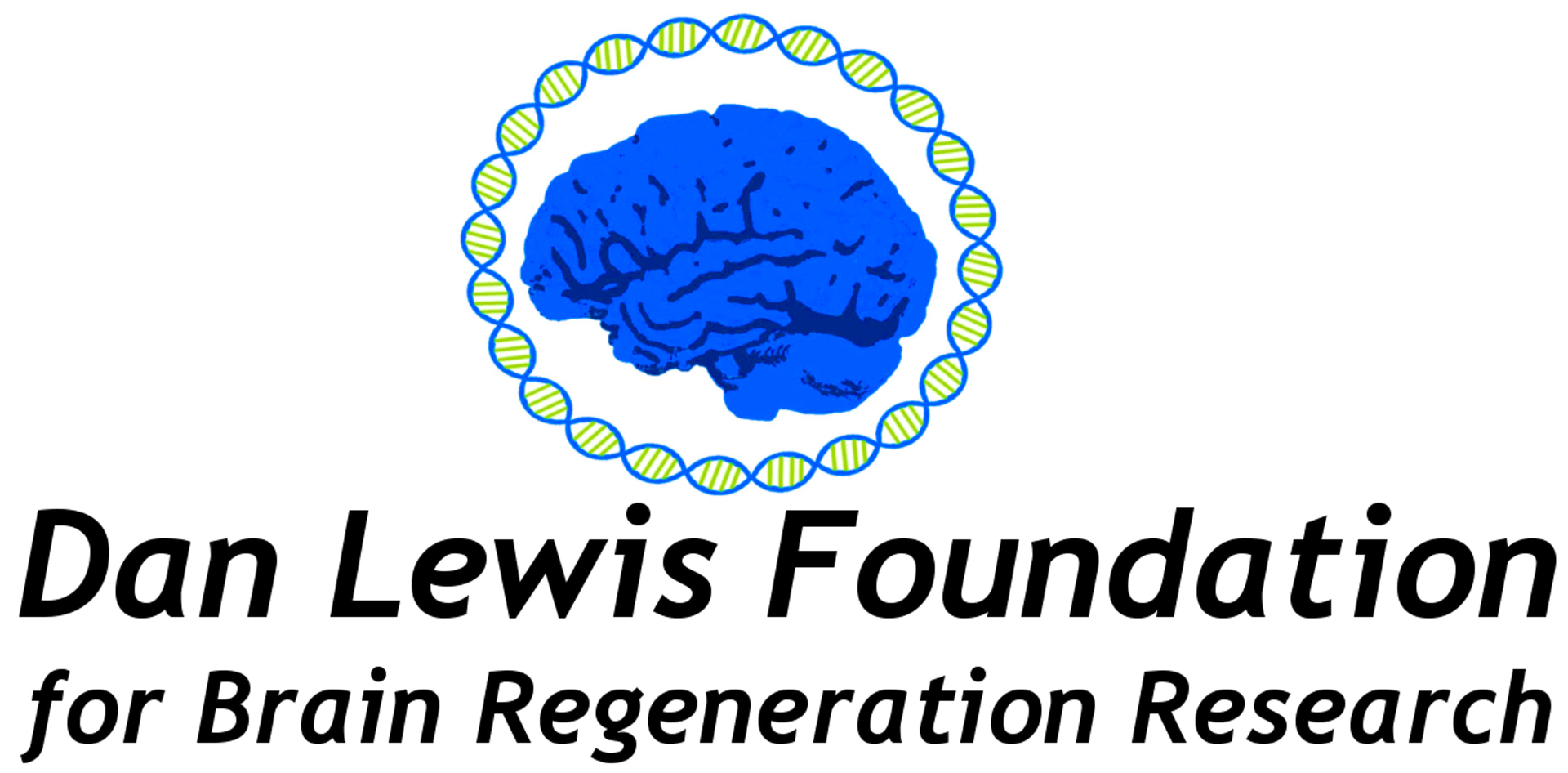On October 7, 2022, I was nineteen years old and out with four friends for what we all thought would be a fun evening of partying with friends. Our group was about 20 seconds from arriving at the party when a teenage drunk driver hit us head-on in Indiana. The drunk driver’s alcohol level was more than twice the legal limit. I was the most critically injured of the group, suffering massive life-threatening head injuries and bleeding from my head that emergency medical technicians could not stop. Taken to the local hospital, it quickly became apparent that my life hung in the balance, and survival would hinge on transferring me to a major trauma center. I was quickly life-lined by helicopter to Indiana University Methodist Hospital, one of only four level-one trauma centers in the state, to treat my traumatic brain injuries (TBI). My family learned it was unlikely I would survive. For a month, I remained in a coma. I had broken multiple bones on my face and had two major brain injuries: severe axonal shearing and a frontal lobe injury. Axonal shearing occurs when the brain shifts rapidly inside the skull, and long fibers in the brain (axons) scrape against the skull’s hard bone, causing traumatic brain injury. Axonal shearing often results in a coma and can impact multiple brain areas, as in my case. My frontal lobe injury is often associated with muscle weakness on one side of the body, depression, memory, and attention problems, all experiences I had. While still in a coma, two weeks after admission to Methodist Hospital, I contracted meningitis, complicating my recovery. While I had no memory of the week before and for weeks after, I slowly regained consciousness. Once stabilized, I was transferred to the rehabilitation unit at the Rehabilitation Hospital of Indiana (RHI), where I remained for another month. At that time, I was wheelchair-bound, and it was unclear if I would ever walk again or regain my memory and attention skills.
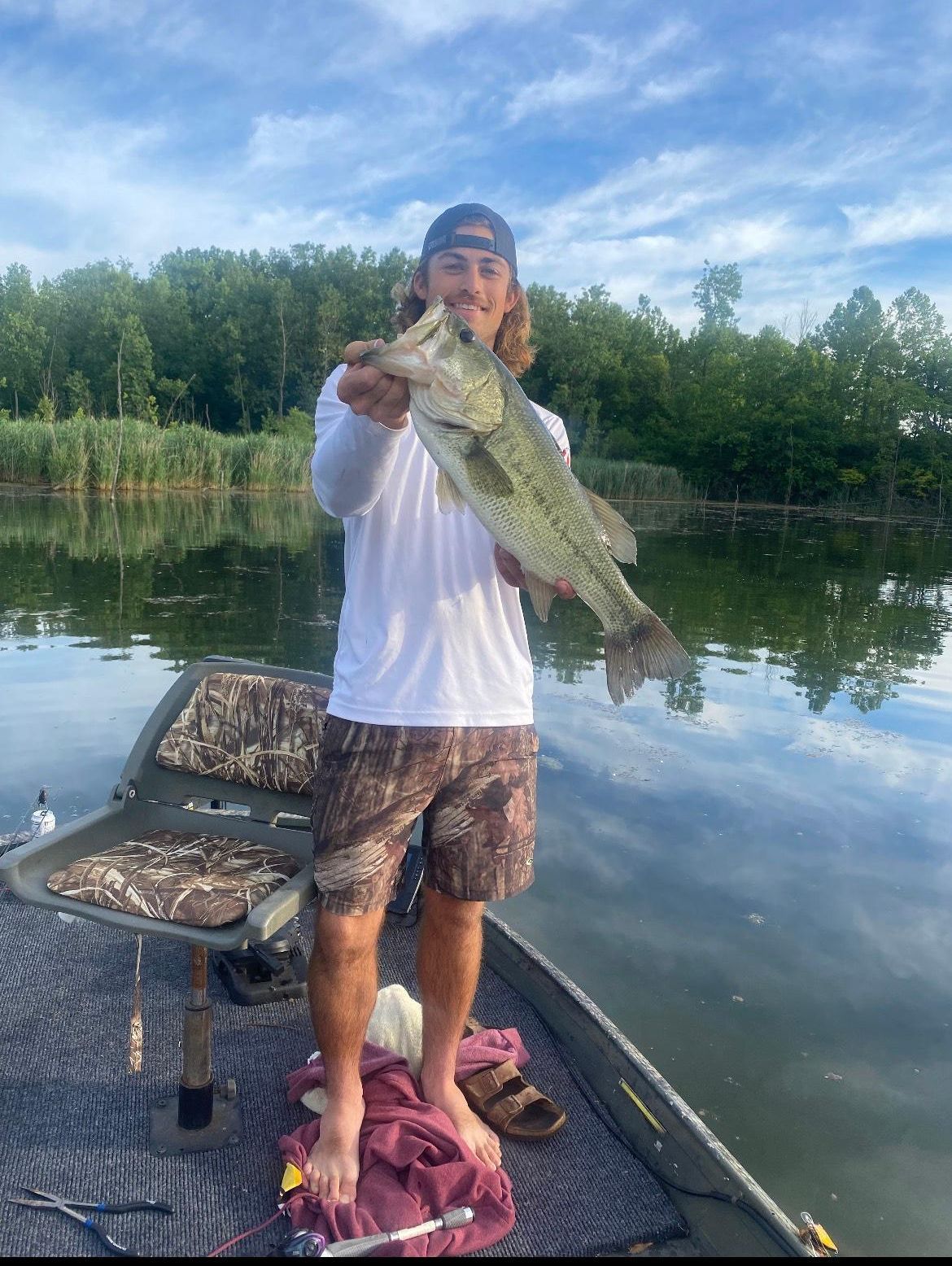
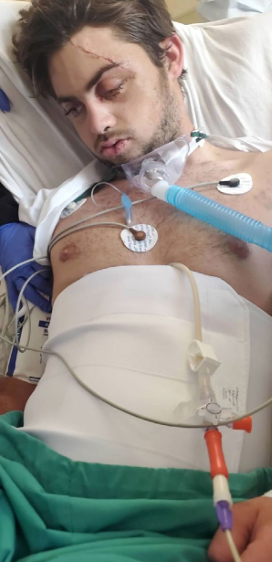
Before my accident, I secured a car salesman job at Ray Skillman in Indiana. I felt the job was a good fit and thought I had a promising career working as a car salesman. Outside of work, I always considered myself a serious athlete; I loved playing basketball, working out in the gym, and fishing as often as possible. My determination, fitness, and “athlete mentality” contributed to my survival and recovery. While my recovery, as viewed by my doctors, is nothing less than miraculous, I still have multiple residual problems that may or may not be resolved through therapy. As a result of the accident, I am deaf in my right ear, blind in my left eye, have right-sided tremors, poor balance, and periods of extreme cold chills even in hot weather. One of the most serious challenges I faced as I began my recovery was the emotional turmoil and depression I experienced. I felt furious with friends and family when they tried to stop me from attempting activities I thought I could do. Eventually, I made peace with the problem when I realized those who cared most about me struggled with the “new” Devon. I gradually understood they were struggling too, and their concern that I “shouldn’t do” certain things was their way of showing they cared. I continue to attend group therapy with those who have also experienced TBI. Despite the challenges ahead, I am grateful for my recovery so far and hope to return to selling cars and playing basketball, goals that I believe are within reach. My doctors have told me that my attention and memory, two areas they would not have expected the degree of recovery I have achieved, are impressive and continue to improve.
I think that there are several positive outcomes from the accident. First, I hope to be able to share my fight for recovery with young people who have experienced similar problems. Next, I want to make others aware of the dangers of drunk driving. And finally, I believe I am a kinder, gentler person willing to reach out and support others dealing with complex problems. I believe God reached out and has a plan for me.
Editor’s Note: Devon recently received notification that he was a nominee for patient of the year at the Rehabilitation Institute of Indiana. On September 18, 2023 Devon was chosen as Patient of the Year. We wish Devon all the best as he continues his journey towards recovery.
